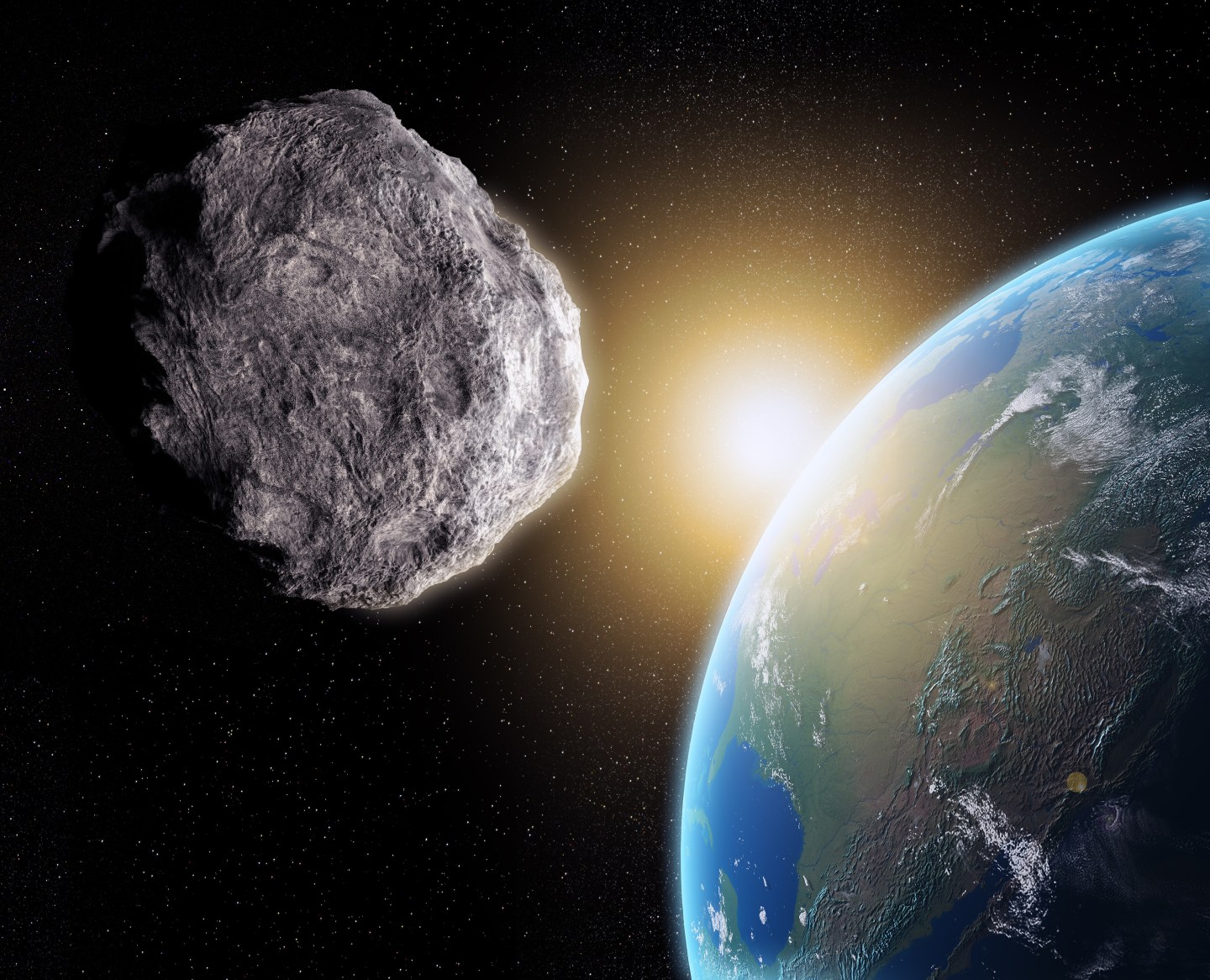On Friday, the tiny European nation of Luxembourg announced that it would open a 200 million Euro ($227M U.S.) fund to entice companies focused on mining asteroids to locate there. Luxembourg’s economy minister said that the fund’s budget could expand if needed, and that it is aimed at making the country, which is about the size of the Dallas metro area, a global leader in space.
Get Data Sheet, Fortune’s technology newsletter.
The announcement is an expansion of a partnership announced in February between Luxembourg and commercial operators including Planetary Resources, whose funders include Larry Page of Google (GOOG). Also in February, Luxembourg announced that it would develop a legal framework for the commercial exploitation of space resources, the first such set of laws in Europe. The U.S. enacted space mining laws last December.
The long-term economic viability of space mining is still an open question. In 2012, when Planetary Resources announced its space-mining goals, it focused attention on the potential extraction of platinum for use on earth. It has been estimated that a 30 meter-wide asteroid could contain up to $50 billion worth of platinum. But the challenges of space mining, including the refining of minerals in low gravity, may prove so costly to overcome that asteroid platinum would not provide a price advantage over terrestrial sources.
For more on commercial space, watch our video:
A more ambitious role for space mining, outlined in a 2012 report by a coalition of researchers, would see asteroids and their resources used as bases for deep-space exploration. For instance, water extracted from an asteroid in lunar orbit could be used as shielding against cosmic rays, or refined into fuel.
Luxembourg has a track record of space-bound longshots that pay off. In 1985, the country helped fund the spin-up of Société Européenne des Satellites, or SES, a satellite services provider. Demand for those services was uncertain at the time, but in 2015, SES posted revenue of over 2 billion Euros.












